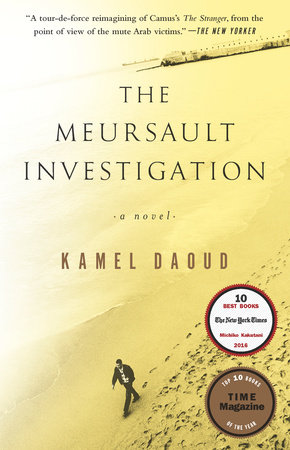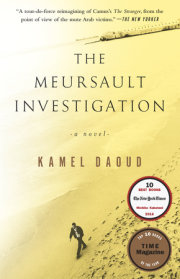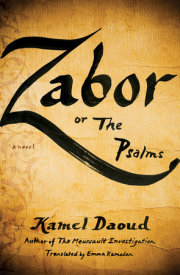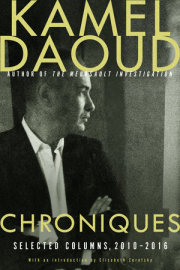Mama’s still alive today.
She doesn’t say anything now, but there are many tales she could tell. Unlike me: I’ve rehashed this story in my head so often, I almost can’t remember it anymore.
I mean, it goes back more than half a century. It happened, and everyone talked about it. People still do, but they mention only one dead man, they feel no compunction about doing that, even though there were two of them, two dead men. Yes, two. Why does the other one get left out? Well, the original guy was such a good storyteller, he managed to make people forget his crime, whereas the other one was a poor illiterate created by God only, it seems, to take a bullet and return to dust—an anonymous person who didn’t even have the time to be given a name.
I’ll tell you this up front: the other dead man, the murder victim, was my brother. There’s nothing left of him. There’s only me, left to speak in his place, sitting in this bar, waiting for condolences no one’s ever going to offer me. Laugh if you want, but this is more or less my mission: I peddle offstage silence, trying to sell my story while the theater empties out. As a matter of fact, that’s the reason why I’ve learned to speak this language, and to write it too: so I can speak in the place of a dead man, so I can finish his sentences for him. The murderer has become famous, and his story’s too well written for me to get any ideas about imitating him. He wrote in his own language. Therefore I’m going to do what was done in this country after Independence: I’m going to take the stones from the old houses the colonists left behind, remove them one by one, and build my own house, my own language.
Copyright © 2015 by Kamel Daoud. All rights reserved. No part of this excerpt may be reproduced or reprinted without permission in writing from the publisher.












